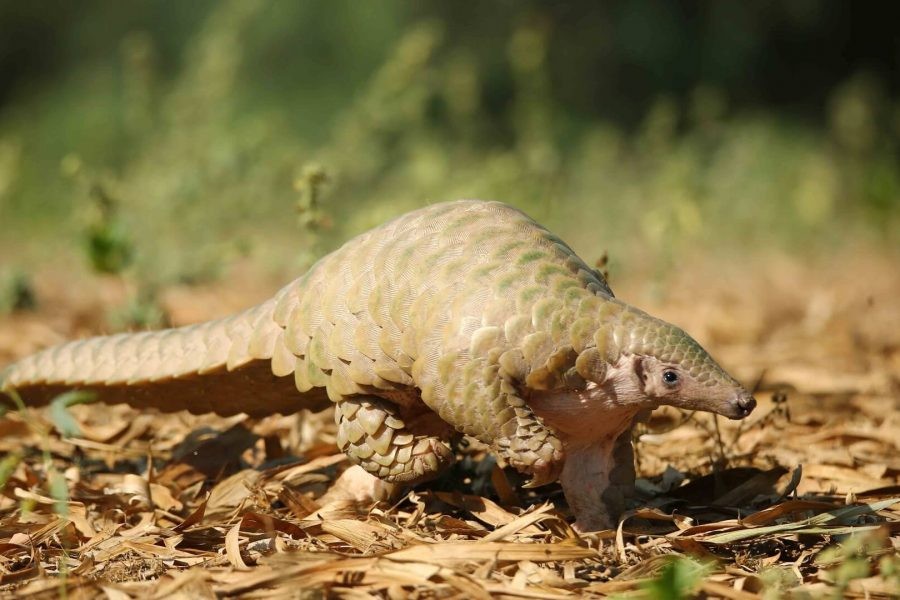Diseases transmitted from animals to people in Africa jumped 63 per cent in the last decade, compared with the previous 10 years, according to a recent World Health Organization (WHO) analysis, UNB reports.
More than 75 per cent of emerging infectious diseases are caused by pathogens shared with wild or domestic animals, WHO Regional Director for Africa Matshidiso Moeti said Thursday.
"They account for a substantial burden of disease, resulting in about a billion sick people, and millions of deaths globally every year."
The analysis finds that since 2001, 1,843 substantiated public health events were recorded in Africa – 30 per cent of which were zoonotic outbreaks, as animal-to-human diseases are known.
While the numbers increased over the past two decades, 2019 and 2020 saw a particular spike, with zoonotic pathogens accounting for half of all public health events.
Also, Ebola and similar fevers triggering blood loss from damaged vessels (haemorrhagic) constitute nearly 70 per cent of these outbreaks, including monkeypox, dengue fever, anthrax and plague.
Although there has been an increase in monkeypox since April, compared to the same period in 2021, the numbers are still lower than the 2020 peak, when the region recorded its highest monthly cases.
Following a sudden drop in 2021, 203 confirmed cases of monkeypox had been recorded in the region since the beginning of the year, as the zoonotic disease has spread worldwide into many countries where it has not been endemic.
Available data for 175 of the cases this year in Africa, indicate that just over half the patients averaged out, were 17-year-old men.
Africa cannot be allowed to become a hotspot for emerging infectious diseases, Dr Matshidiso said.
Rising urbanisation, which has encroached on natural habitats, is likely responsible for this increase in the animal-to-human disease spike, along with a growing demand for food, which has led to the faster road, rail and air links from remote to built-up areas.
The West African Ebola outbreaks are evidence of the devastating number of cases, and deaths, that can result when zoonotic diseases arrive in our cities, Matshidiso noted.
Turning to Covid-19, she said while cases on the continent decreased marginally last week, the overall plateau continues, due to rapidly increasing numbers in North Africa, for the eighth consecutive week.
"The surge is being driven primarily by the escalating situation in Morocco and Tunisia, which spurred a 17 per cent increase in new cases in North Africa, compared to last week's statistics," Matshidiso said.
At the same time, improved rapid detection and response capacities have enabled Botswana, Namibia and South Africa, to reverse a recent surge in new cases – a turn that is expected to follow across North African countries with the same medical capabilities.
The curve has already begun trending downwards in Morocco, Matshidiso added.
Although the current pandemic phase may be characterised by relatively low incidence and risk for hospitalisation and death, the Omicron variant remains highly transmissible, and the pandemic is far from over.
The potential for surges highlights that "countries cannot afford to ease up" on vaccinating their populations against Covid-19, especially their health care workers, the elderly and those with comorbidities," the WHO official said.


